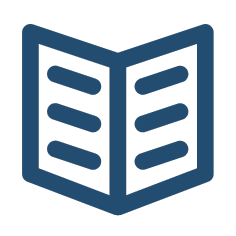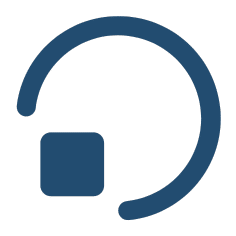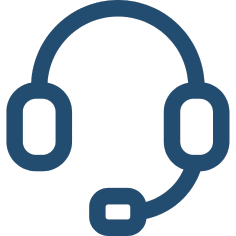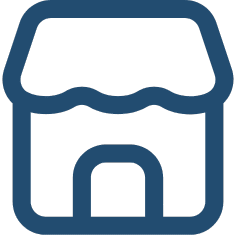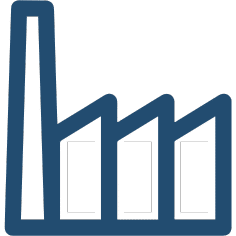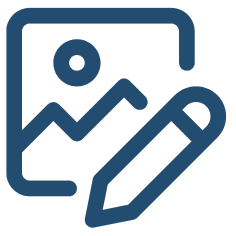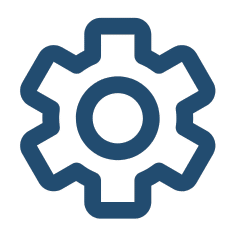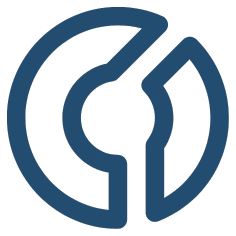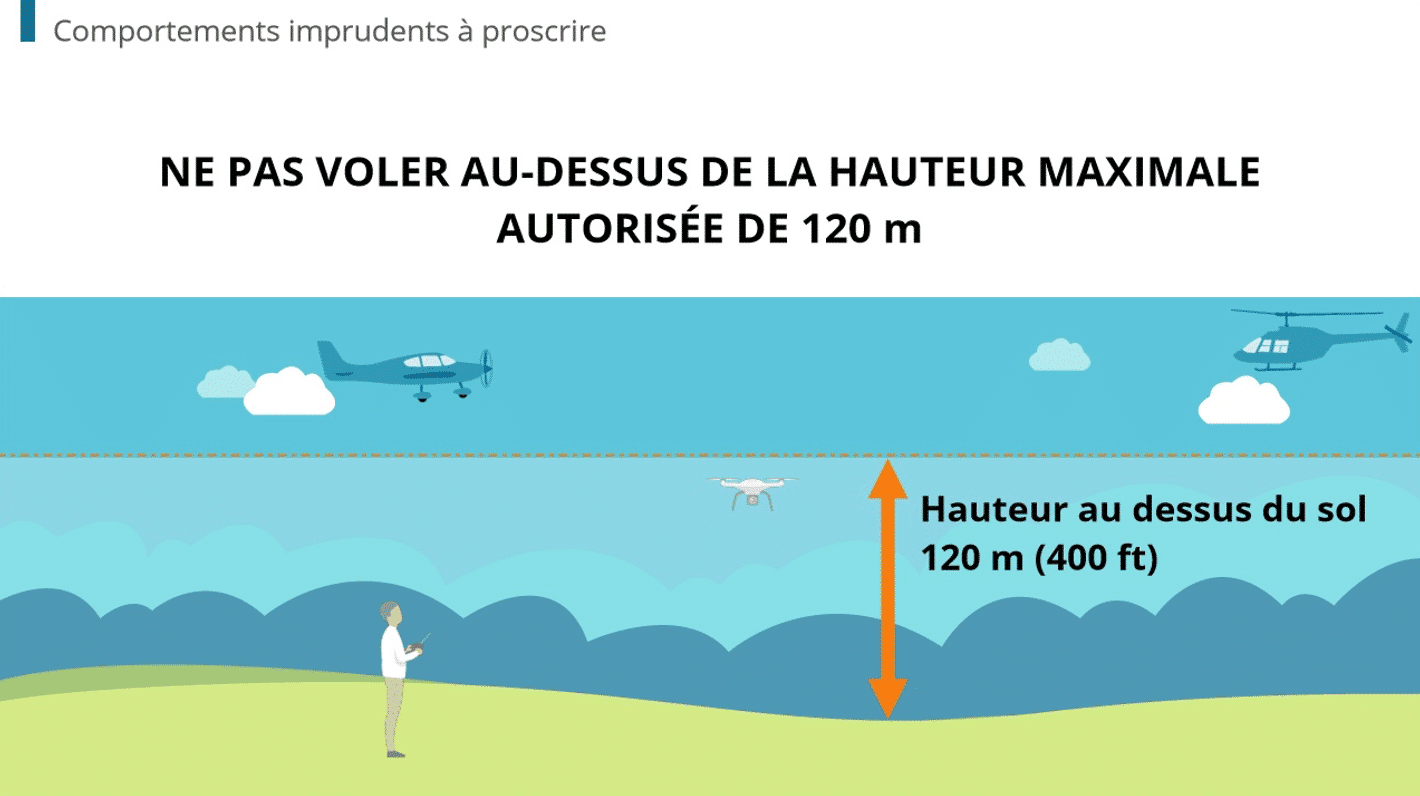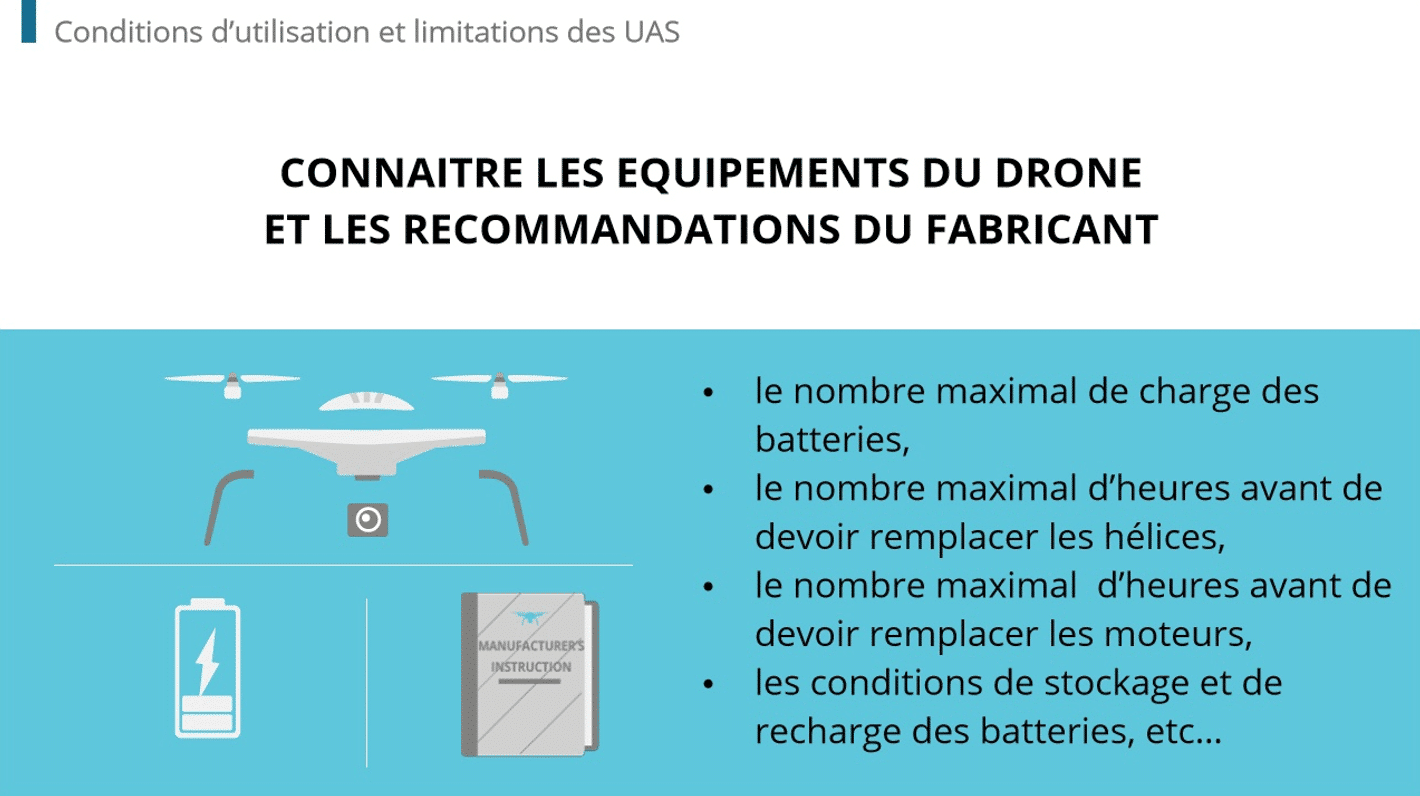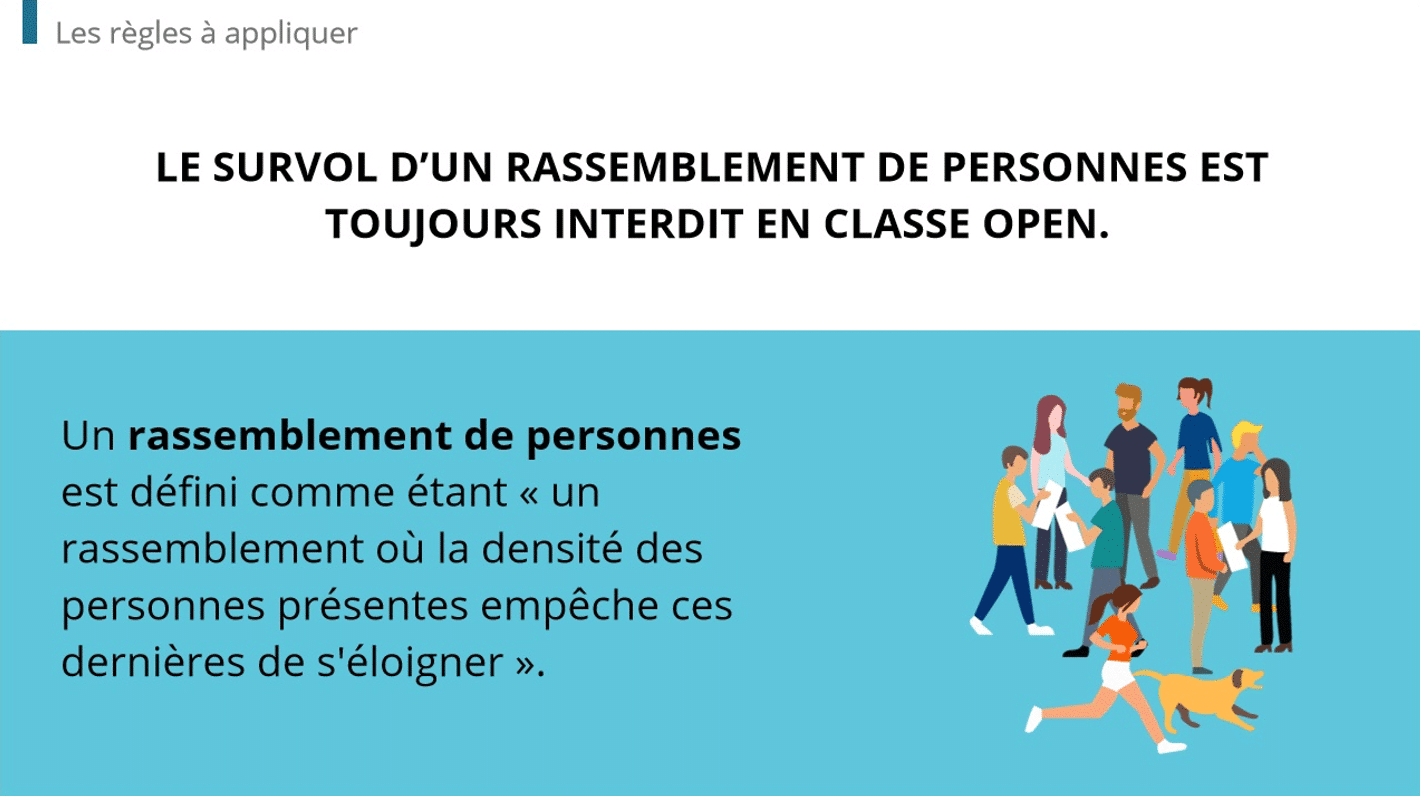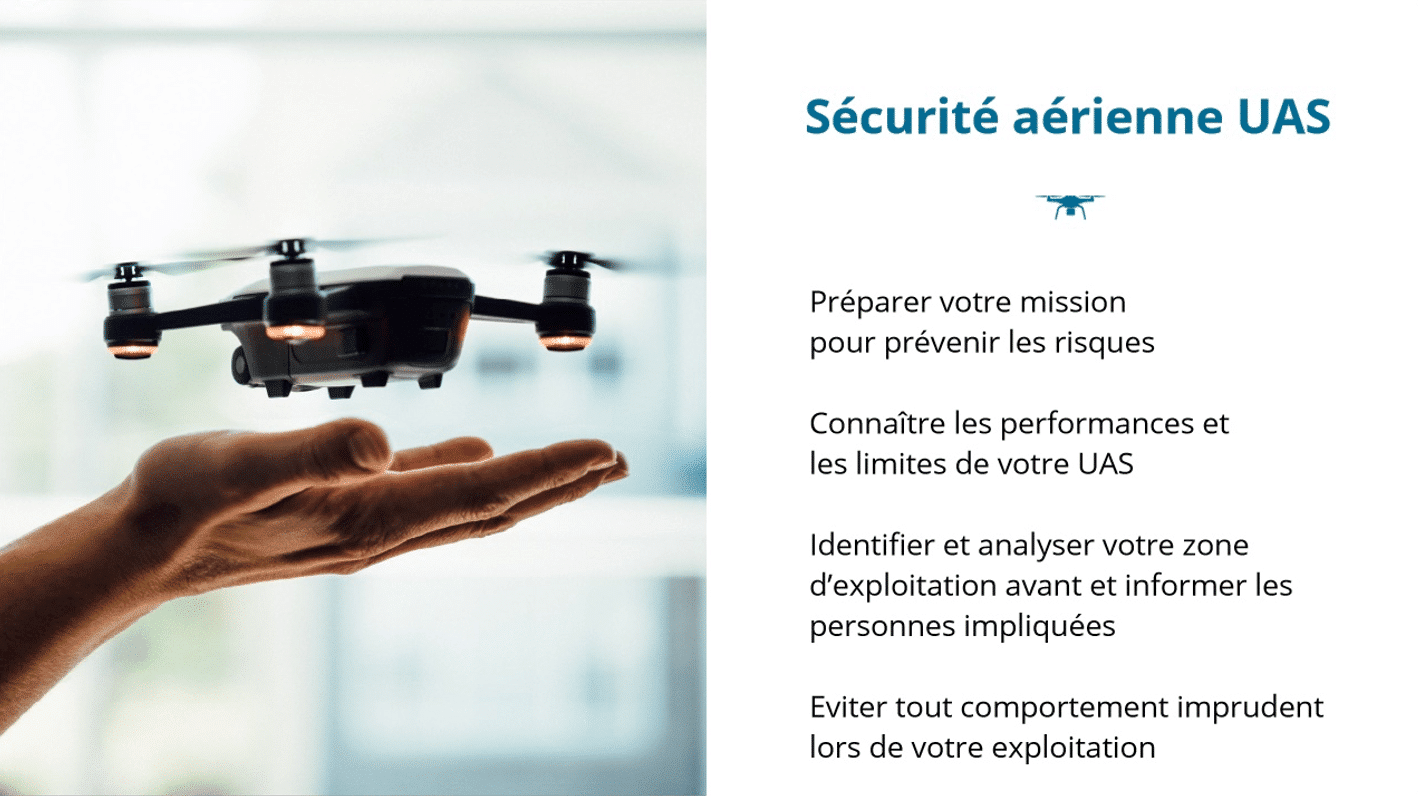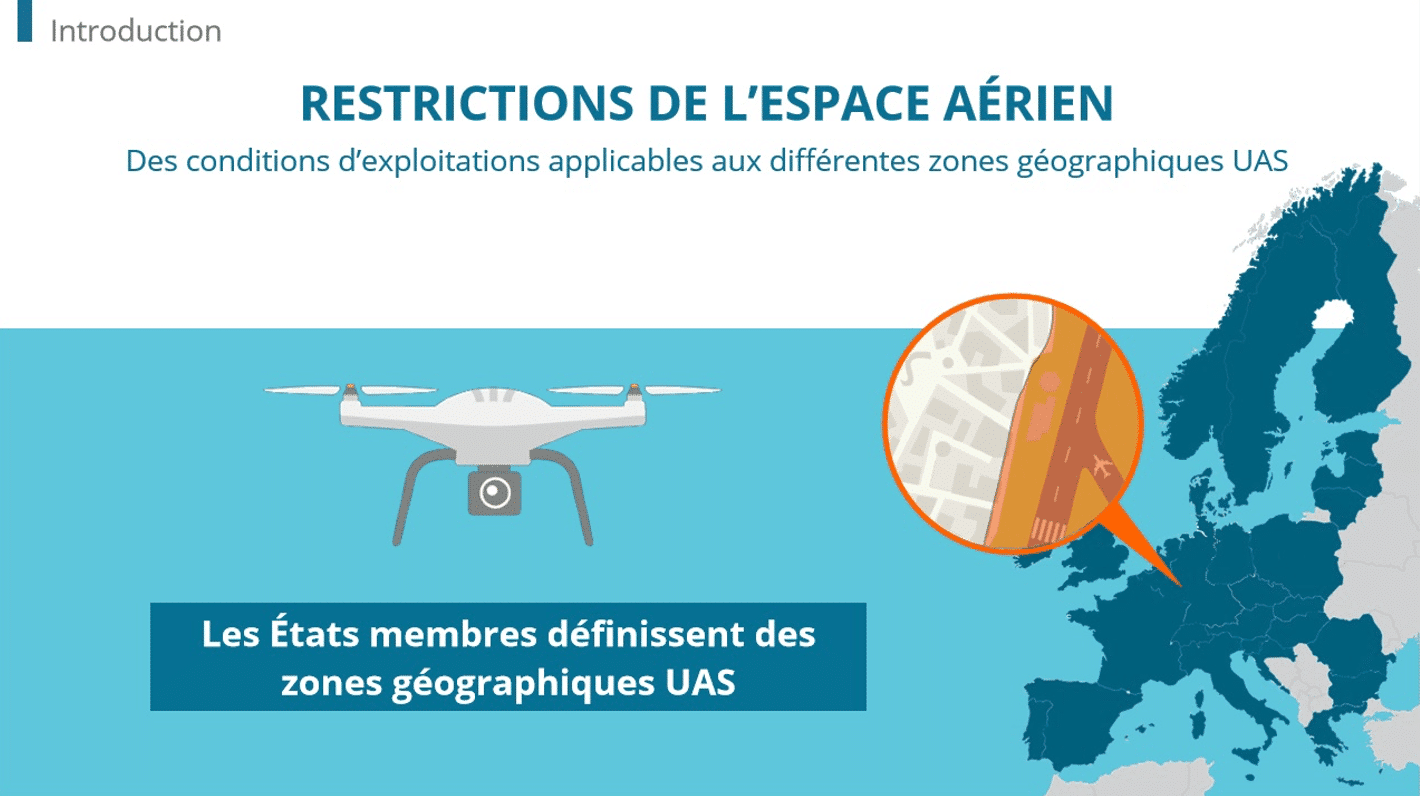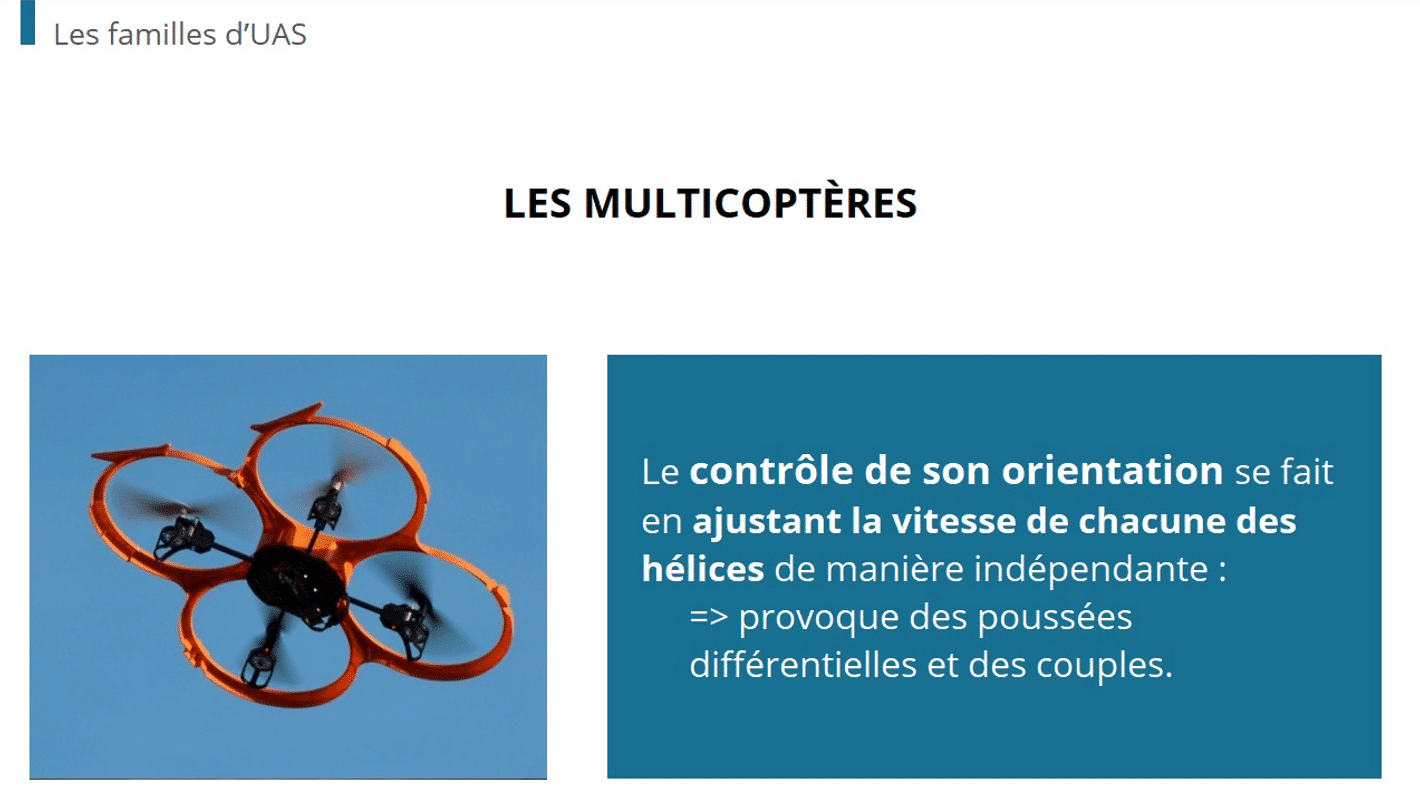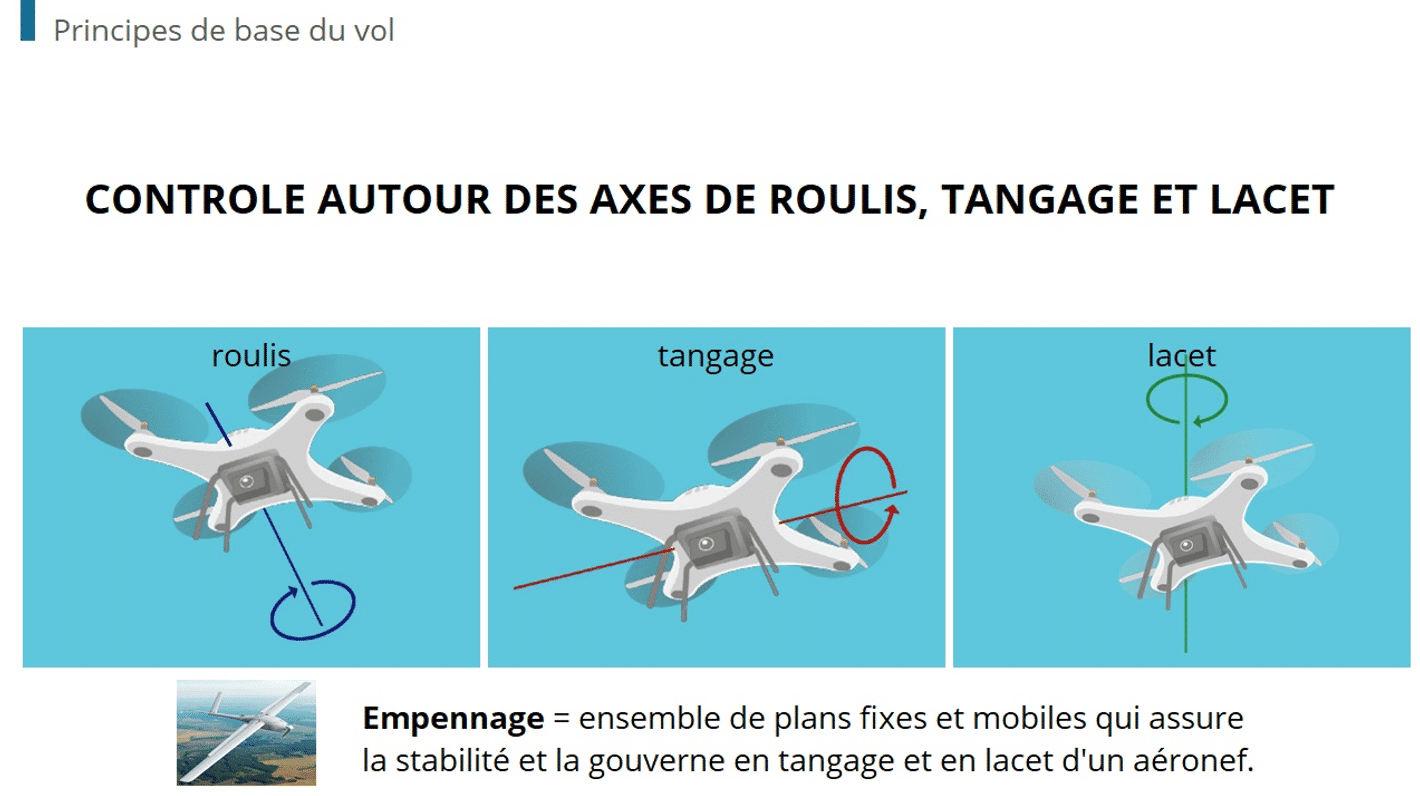Under pressure from digitisation, corporate learning will evolve in 2015. It will respond to new demands for quality, globalisation and social sharing.
Editorial by Thomas De Praetere
Digitisation is putting more and more pressure on business. In less than five years, digitisation has had a decisive impact on corporate learning.
Corporate learning is controlled by the Quality department
Companies are subject to quality standards and ever more numerous and demanding regulations. These standards affect their competitiveness and productivity. Quality control is increasingly required for products to make it to market.
Today it’s not so much the HR departments but the Quality departments that request corporate learning programmes, used to assess employee skill levels and ensure strategic alignment.
Online learning appears to be an effective and reliable method to track these assessments, with individual training files that can be used directly by audit and control bodies.
The company is becoming global
The internationalisation of business is the norm. Teams have become nomads, working in many countries from their office, their home or on the go.
Online learning helps the development agile solutions, offering fluid interfaces. It adapts to computers, tablets and phones, and can be accessed via the cloud or hard media such as a USB key for example.
Corporate learning is becoming social
Social networks have emerged in all aspects of business life, and corporate training is no exception. Learning has become collaborative, with knowledge constructed through mutual experiences. Everyone is involved around common projects.
The finest LMS combines a pyramid model with a horizontal model, for example via a Wiki or Operating Mode that is annotated by participants.




